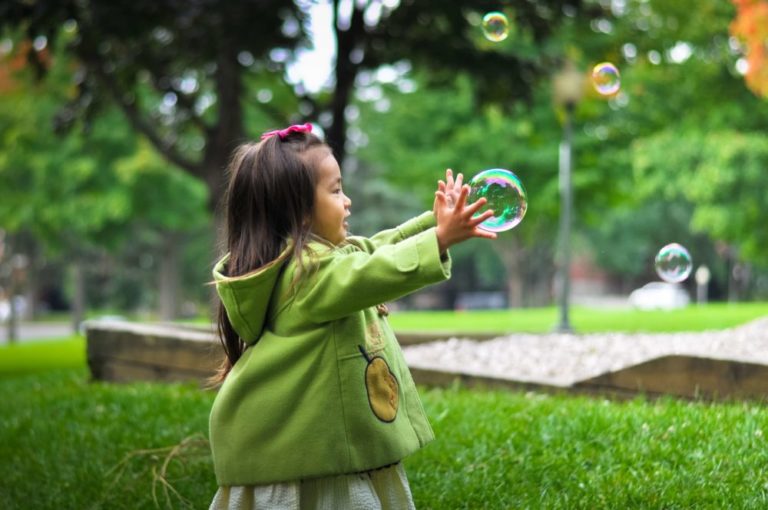Basic Trust vs. Mistrust in Psychosocial Development
Building trust in infancy lays the foundation for emotional security, while early mistrust can ripple through a lifetime. Psychologists explore how this critical stage shapes our ability to form relationships and face challenges.













